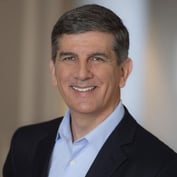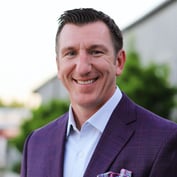If legendary financial services chief Jamie Dimon relies on your advice, it’s safe to say you probably know what you’re talking about. As one of Dimon’s direct reports while president and CEO of Smith Barney Consulting from 1995 to 2004, Frank Campanale met weekly with Dimon.
 Now chairman and CEO of First Allied’s Wealth Management Group, Campanale oversees the expansion of a wealth management suite of products and services to First Allied’s private client group.
Now chairman and CEO of First Allied’s Wealth Management Group, Campanale oversees the expansion of a wealth management suite of products and services to First Allied’s private client group.
Did the trend toward fee-based business prompt your move away from the wirehouses?
No, after I left Smith Barney, I was actually going to another wirehouse. But I came across this smaller, more flexible firm which was better able to handle the industry’s toughest obstacles and hurdles like fee compression, market volatility and the fiduciary question (which, by the way, I don’t feel is a big deal since independent broker-dealers are largely acting in a fiduciary capacity already).
What’s your take on the reasons wirehouses were hurt so bad recently?
Advisors lost 40% of their revenue because $10 trillion of net worth vaporized. Fee-based revenue decreased by 40% overall. But transactional business fell much further because no transactions were being made. Suddenly, the transactional guys can’t make their mortgages.








 January 01, 2011 at 07:00 PM
January 01, 2011 at 07:00 PM










